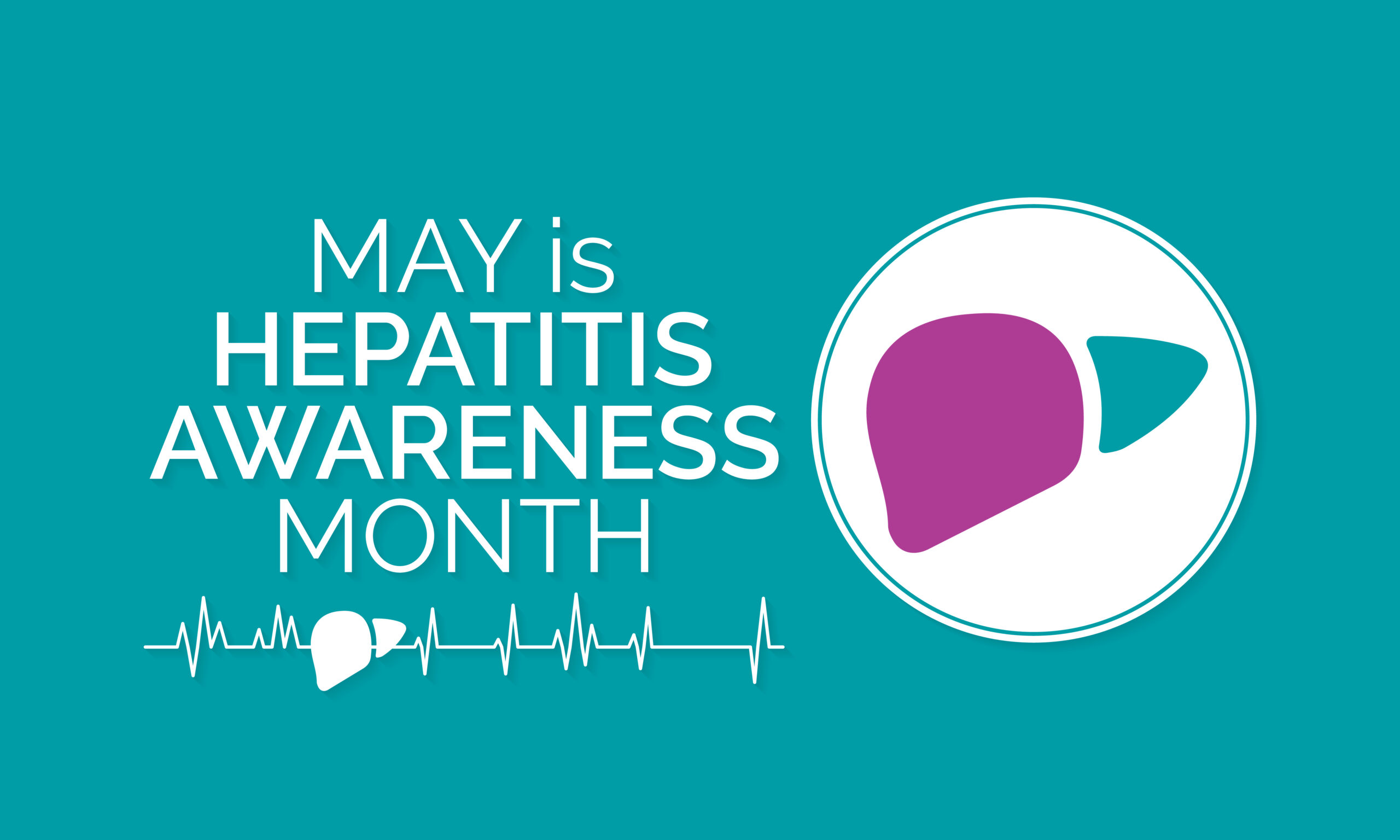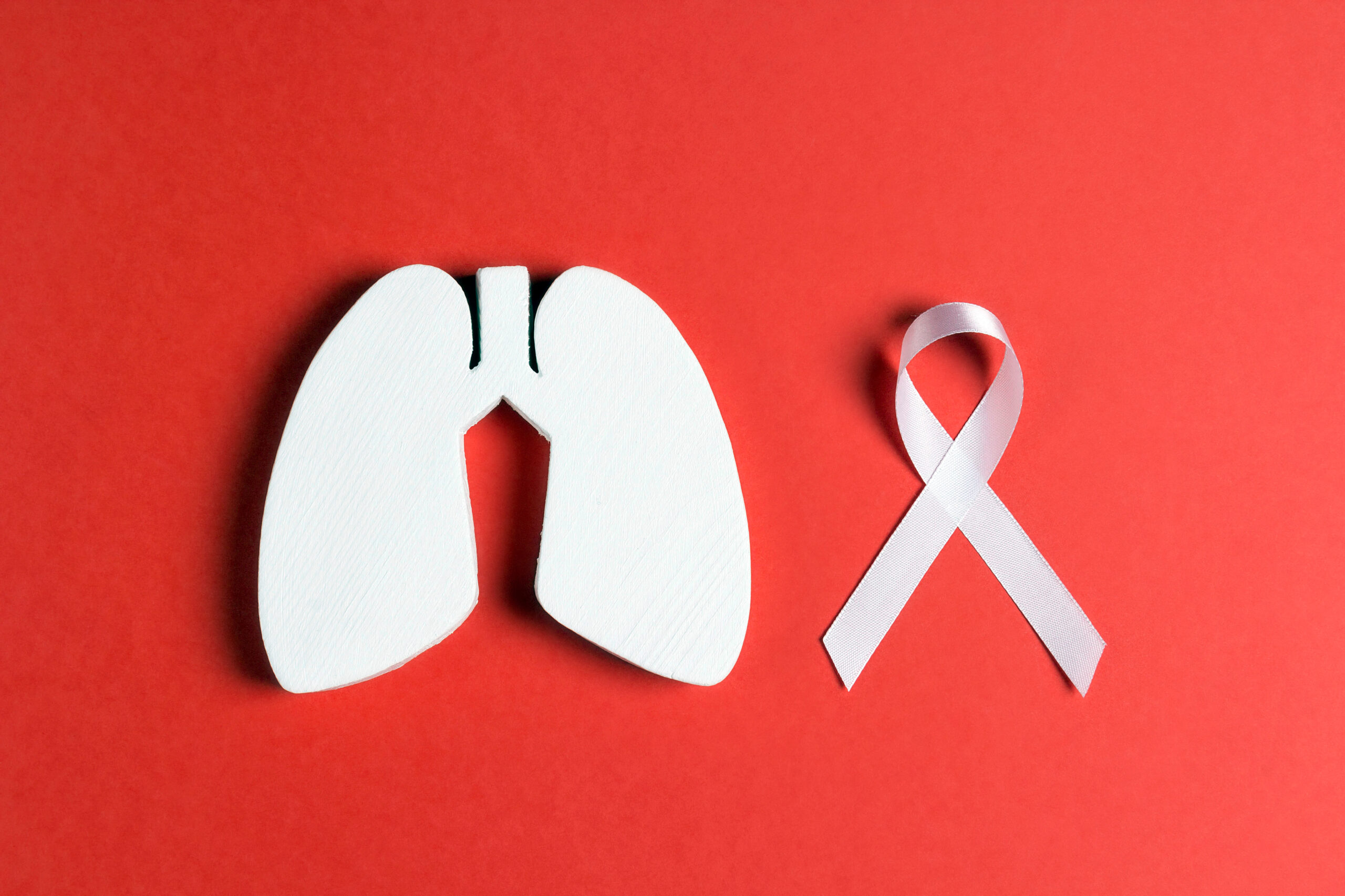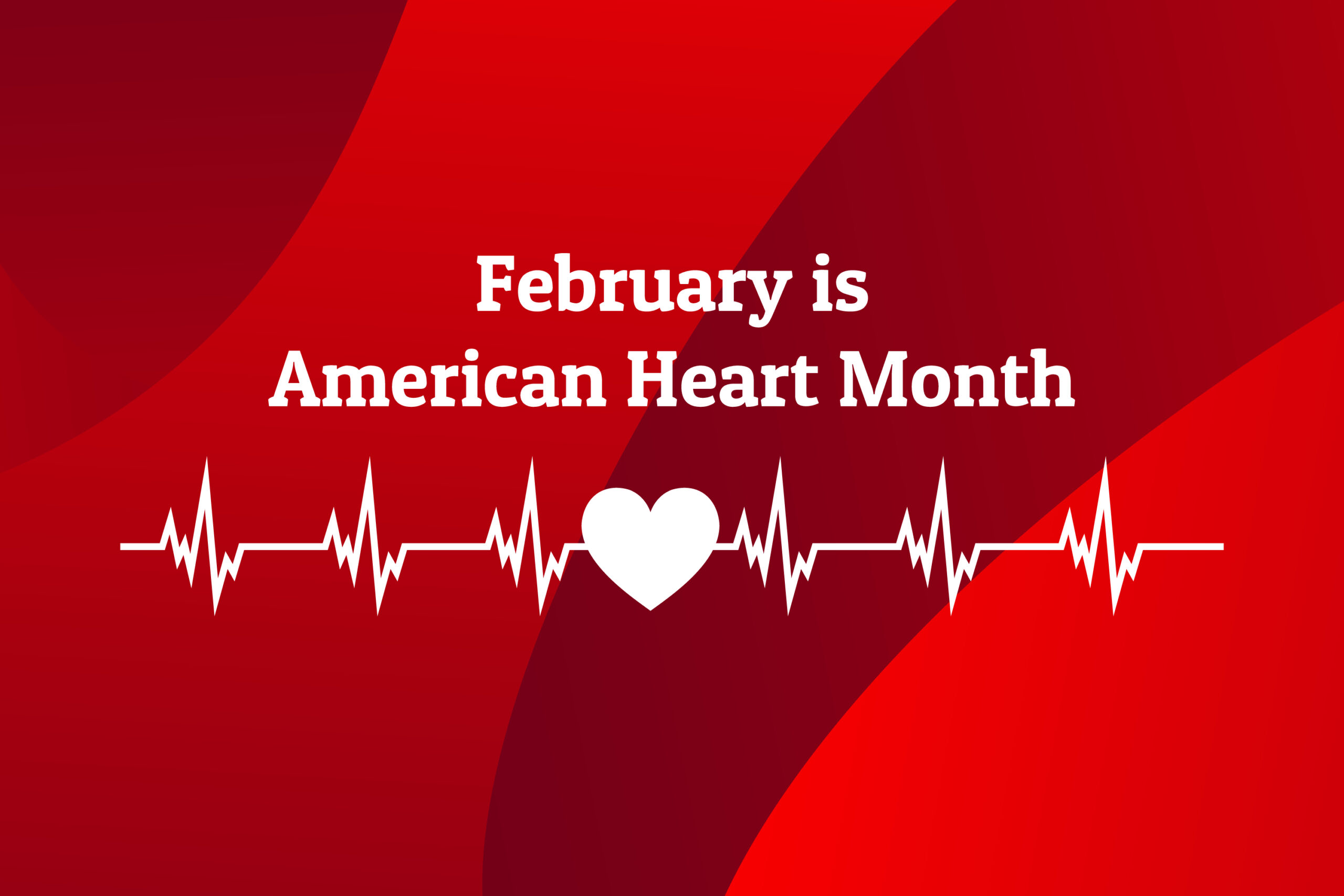
2023
Summer is upon us, which means longer, sunny days and warmer weather. This hot season promises lots of fun and relaxation. It also comes with challenges.
Follow these health tips to stay safe and have a memorable, healthy summer.
Having a healthy mind is just as important as having a healthy body. Taking good care of your mental health can reduce your risk for many physical health problems.
May is Mental Health Month. Here’s why mental health matters and steps you can take to support loved ones struggling with their mental well-being. Read More.

2023
Hepatitis C causes inflammation (swelling) of the liver. You can get Hepatitis C by coming into contact with infected blood.
May is Hepatitis Awareness Month. Knowing the facts about this infection can help you stay safe and reduce your risk.
Alcohol is everywhere in today’s culture. But many Americans struggle when it comes to their relationship with alcohol. April is National Alcohol Awareness Month, an important health holiday. Here is what you need to know about alcohol use disorder (AUD), the signs of alcoholism, and how to get help.
The foods you eat play an important role in your overall health. Certain foods can boost your energy and mood. Some foods can also make your immune system stronger.
March is National Nutrition Month. Keep reading for tips on how to eat healthily and practice good nutrition.
Your heart is one of your body’s hardest-working muscles. Did you know there is an entire month to celebrate heart health? Each February, Americans focus on their heart health during American Heart Month.
Read on to learn more about American Heart Month and heart disease.
The New Year is approaching, and it’s time to set your health goals for 2023. A resolution can be a helpful way to stay on track all year long. It can be hard to stick to a broad goal like “be healthier next year.” That is why choosing a specific health target, like “get more sleep,” can help you stay on track.
For inspiration, here are 10 new year’s health resolutions to set in 2023. Read More.

2022
November is Lung Cancer Awareness Month. This vital time of year draws attention to lung cancer and lung cancer screenings. Here’s what you need to know about a lung cancer screening.
October is Breast Cancer Awareness Month. In honor of this month, we are sharing tips on how to do a breast self-exam. A breast self-exam can help you spot signs of breast cancer early on before it spreads. This exam should be performed once a month. It takes no more than a few minutes.

2022
In the United States, flu season starts in the fall and continues through winter. Preparing for the flu season can protect you and your family from this contagious virus.
Here’s more about flu season and what you can do to stay healthy.
 Did you know that your IE browser is outdated?
Did you know that your IE browser is outdated?










